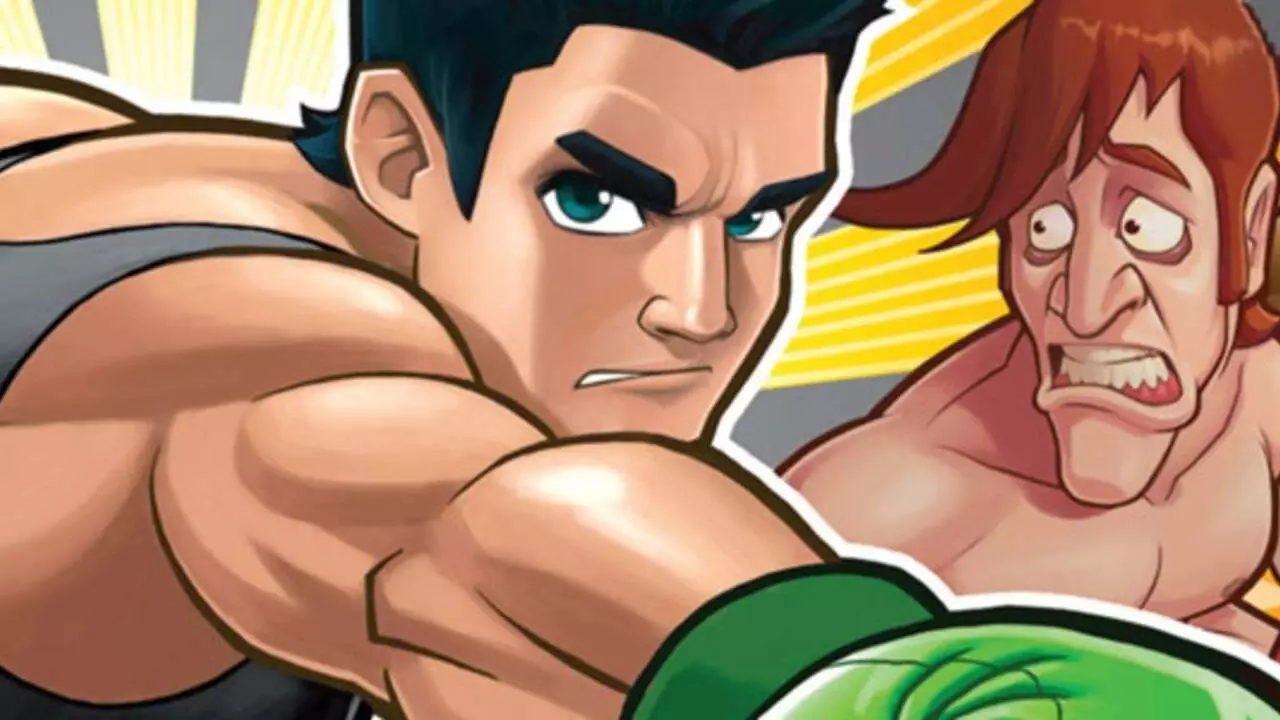The Punch-Out!! series, despite its historical significance in the gaming realm, seems to sit quietly on the sidelines of Nintendo’s revival wishes. As discussions around the future of classic franchises such as F-Zero and Chibi-Robo! gain traction, Punch-Out!! appears to linger in obscurity. While many gaming enthusiasts might relish the idea of a fresh installment, the question arises: Should we prioritize the resurrection of this beloved boxing title over other franchises? The potential for a new Punch-Out!! raises more questions than answers, particularly when considering its past controversies and the evolution of gaming sensibilities.
Since its inception in 1984, Punch-Out!! has carved a niche for itself within Nintendo’s storied catalogue. The franchise is characterized by its unique blend of cartoonish graphics and engaging gameplay, revolving around boxing mechanics that require both skill and strategy. The last major release, the Wii version of Punch-Out!! in 2009, attempted to revive the series for a new generation. However, the incorporation of stereotypical characters resulted in significant backlash, a point that seems to have cast a long shadow over the series’ potential return. Nintendo’s hesitance to face similar criticisms may explain its current status of neglect.
It is crucial to critically examine how the use of stereotypes in video games can impact their reception. Imran Khan, a presenter from Kinda Funny Games, shared insights from an unnamed source associated with Next Level Games, suggesting that the negative response to the character designs in Punch-Out!! was unforeseen. This outcry may have struck a vital nerve within Nintendo, leading to a decision to put the franchise on the back burner. The reluctance to embark on a new installment could be interpreted as an inability or unwillingness to evolve and adapt character representation, which is essential in today’s diverse cultural landscape. The potential for creating innovative and relatable characters that resonate with modern audiences remains untapped.
Next Level Games shifting focus to franchises with robust sales potential, like Luigi’s Mansion, illustrates a pragmatic approach towards game development. This shift, while understandable, raises concerns about how Nintendo prioritizes profitability over the exploration of its legacy. The decision to shelve Punch-Out!! could suggest an unsettling trend: a company unwilling to take risks with its classic IPs in the face of controversy. Perhaps a more fitting approach could involve creating new characters that uphold the spirit of Punch-Out!! while steering clear of past pitfalls.
While current information indicates a bleak outlook for Punch-Out!!, it is essential to maintain an open mind about its potential revival in the future. The franchise has existed for decades and holds a certain nostalgic value that could inspire a creative renaissance. Although the Wii title’s sales figures—circa 1.27 million units—weren’t astronomical, the series’ respect in gaming history might prompt Nintendo to allocate resources to reimagine Punch-Out!! for a new era. Furthermore, engaging potential development teams outside of Next Level Games could provide fresh perspectives and innovative ideas, fostering a rebirth of the franchise.
Ultimately, the future of Punch-Out!! hangs in a delicate balance between legacy and progress. The intersection of nostalgia and contemporary expectations creates a captivating challenge for developers looking to breathe new life into such an iconic title. Instead of resigning to the series’ potential end due to past criticisms, Nintendo and its partners should explore innovative character designs that tell diverse stories, thus revitalizing Punch-Out!! while respecting its roots. The conversation surrounding the franchise may have quieted, but that does not diminish the potential for resurrection; it simply invites a more thoughtful approach to creativity in gaming. Should the boxing ring ever welcome Punch-Out!! again, it must enter with a new vision—one that embraces inclusivity while retaining the charm that defined its original success.

